|
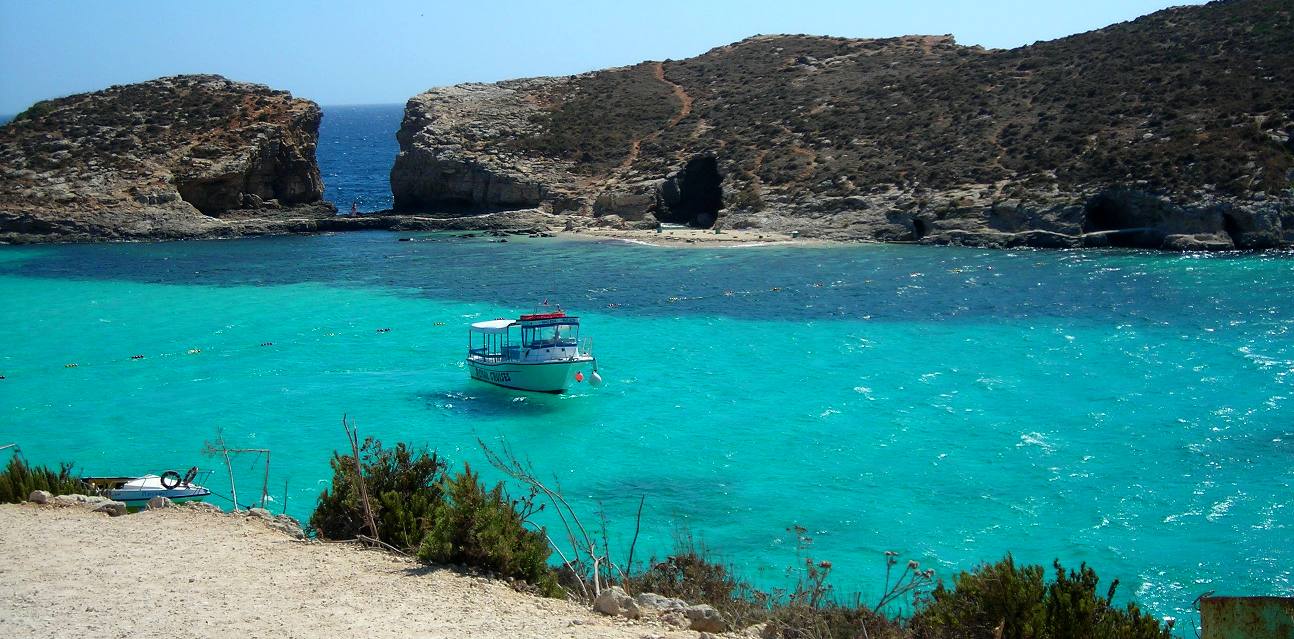
CONSERVATION
-
This is how the Mediterranean Sea should look. Fishermen and tourists
aught not suffer plastic waste and toxic fish catches.
The 6th edition of the European Maritime Day Conference was held successfully in Valletta, Malta, on May 21 & 22, 2013. It has attracted the attention of the European and the Mediterranean Maritime community with 847 participants who attended the 27 sessions of the Conference. The European Maritime Day 2013 was also celebrated accross EU with 14 events in different member states.
The European Maritime Day 2013 was organised by the European Commission (DG for Maritime Affairs and Fisheries) in partnership with the Maltese Ministry for the Economy, Investment and Small Business, and the Maltese Ministry for Tourism.
The seas and oceans, and the opportunities they offer, were at the heart of the discussions. There were high-level political debates as well as more practical exchanges between maritime stakeholders. Thoughts, ideas and new concepts have been devised during the Conference.
The venue was the beautiful Mediterranean Conference Center, the former "Sacra Imfermeria" of the Order of St John of Jerusalem, which is located adjacent to Fort St Elmo and overlooking the Grand Harbour.
The European Maritime Day is celebrated each year on 20 May since 2008. This annual event was established jointly by the European Council, the European Parliament and European Commission as part of the EU's Integrated Maritime Policy launched in 2007. Its aim is to provide an occasion to highlight the crucial role that oceans and seas play in the everyday life not only of coastal communities, but of all EU citizens, and for Europe's sustainable growth and jobs at large, and to encourage better stewardship of coastal zones, seas and oceans by all citizens and actors concerned. During European Maritime Day, tribute is paid to "Maritime Europe" and all maritime sectors and activities are put in the spotlight to help European citizens realise the real outreach and variety of sea-related activities going on in Europe.
Malta is the most southern point of the EU. It has been called the gateway to the Mediterranean, and throughout modern and ancient history, its location has given it great strategic maritime importance. For thousands of years, Malta has been the outpost between the East, Africa and Europe.
Malta has a long maritime tradition goes back thousands of years and currently has the largest shipping register in Europe. As a maritime nation Malta is proud to be hosting the 2013 European Maritime Day.

EMD
HEADLINE THEMES
*
Brussels 2008: "A regional approach to the implementation of Maritime
Policy"
*
Rome 2009: "Integrated Maritime Policy and the contribution of
maritime clusters"
*
Gijón 2010: "How to foster innovation?"
*
Gdansk 2011: "Maritime Policy: Putting People First"
*
Gothenburg 2012: "Sustainable Growth from the Oceans, Seas and
Coasts"
*
Valletta 2013: "Coastal Development and Sustainable Maritime
Tourism"
*
Bremen 2014: "Innovation driving Blue Growth"
*
Piraeus 2015: "Ports and Coasts, Gateways to Maritime Growth"
*
Turku 2016: "Investing in blue growth – smart and sustainable
solutions"
*
Poole 2017:
"The Future of our Seas"
*
Burgas 2018: Bulgaria "TBA" *
Lisbon 2019: Portugal "TBA"
*
Cork
2020: Ireland "TBA"
*
Den Helder 2021: The Netherlands "TBA" *
Ravenna 2022: Italy "TBA" *
Brest 2023: France "TBA" *
Svendborg 2024: Denmark "TBA"
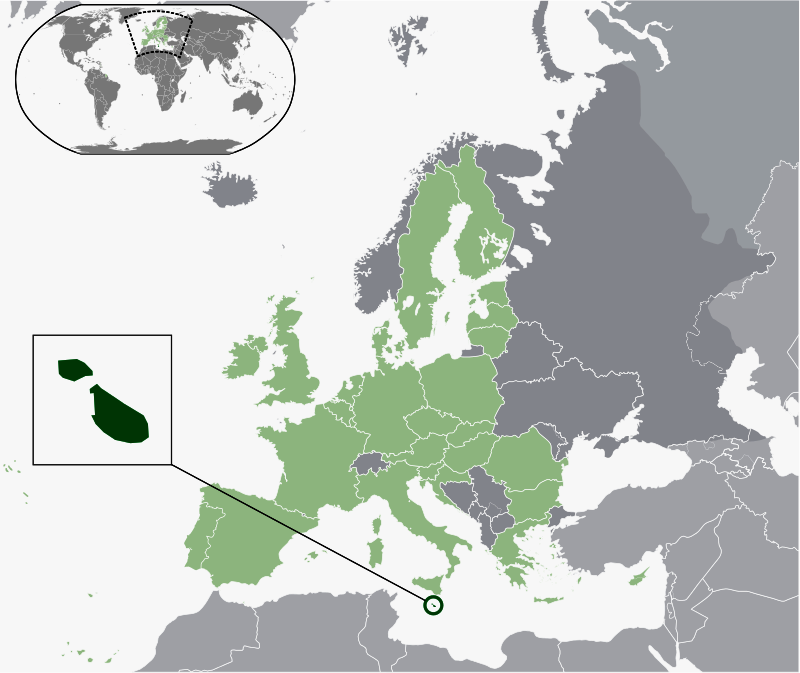
ABOUT
MALTA
Malta is a Southern European island country consisting of an archipelago in the Mediterranean Sea. It lies 80 km (50 mi) south of Italy, 284 km (176 mi) east of Tunisia, and 333 km (207 mi) north of Libya. The country covers just over 316 km2 (122 sq mi), with a population of just under 450,000, making it one of the world's smallest and most densely populated countries. The capital of Malta is Valletta, which at 0.8 km2, is the smallest national capital in the European Union by area. Malta has one national language, which is Maltese, and English as an official language.
Malta's location in the middle of the Mediterranean has historically given it great strategic importance as a naval base, and a succession of powers, including the Phoenicians, Carthaginians, Greeks, Romans, Byzantines, Moors, Normans, Sicilians, Spanish, Knights of St. John, French and British, have ruled the islands.
King George VI of the United Kingdom awarded the George Cross to Malta in 1942 for the country's bravery in the
Second World
War. The George Cross continues to appear on Malta's national flag. Under the Malta Independence Act, passed by the British Parliament in 1964, Malta gained independence from the United Kingdom as an independent sovereign Commonwealth realm, officially known from 1964 to 1974 as the State of Malta, with
Elizabeth II as its head of state. The country became a republic in 1974, and although no longer a Commonwealth realm, remains a member state of the Commonwealth of Nations. Malta was admitted to the
United Nations in 1964 and to the European Union in 2004; in 2008, it became part of the Eurozone.
Malta has a long Christian legacy and its Archdiocese of Malta is claimed to be an apostolic see because, according to Acts of the Apostles, St Paul was shipwrecked on "Melita", now widely taken to be Malta. Catholicism is the official religion in Malta.
Malta is a popular tourist destination with its warm climate, numerous recreational areas, and architectural and historical monuments, including three
UNESCO World Heritage Sites: Ħal Saflieni Hypogeum, Valletta, and seven Megalithic Temples, which are some of the oldest free-standing structures in the world.
Valletta is the capital city of Malta, colloquially known as Il-Belt (IPA: [ˈil.bɛlt]; lit. "The City") in Maltese. Geographically, it is located in the South Eastern Region, in the central-eastern portion of the main island of Malta having its western coast with access to the Marsamxett Harbour and its eastern coast in the Grand Harbour. The historical city has a population of 6,444 (as of March 2014), while the metropolitan area around it has a population of 393,938. Valletta is the southernmost capital of Europe and the second southernmost capital of the European Union after Nicosia.
Valletta contains buildings from the 16th century onwards, built during the rule of the Order of St. John also known as Knights Hospitaller. The city is essentially Baroque in character, with elements of Mannerist, Neo-Classical and Modern architecture in selected areas, though the Second World War left major scars on the city, particularly the destruction of the Royal Opera House. The City of Valletta was officially recognised as a World Heritage Site by
UNESCO in 1980.
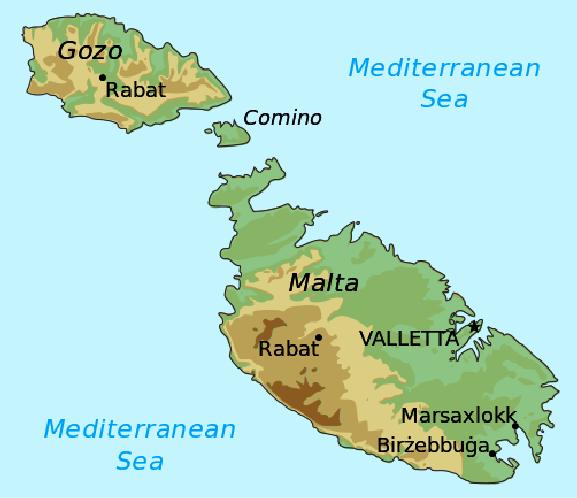
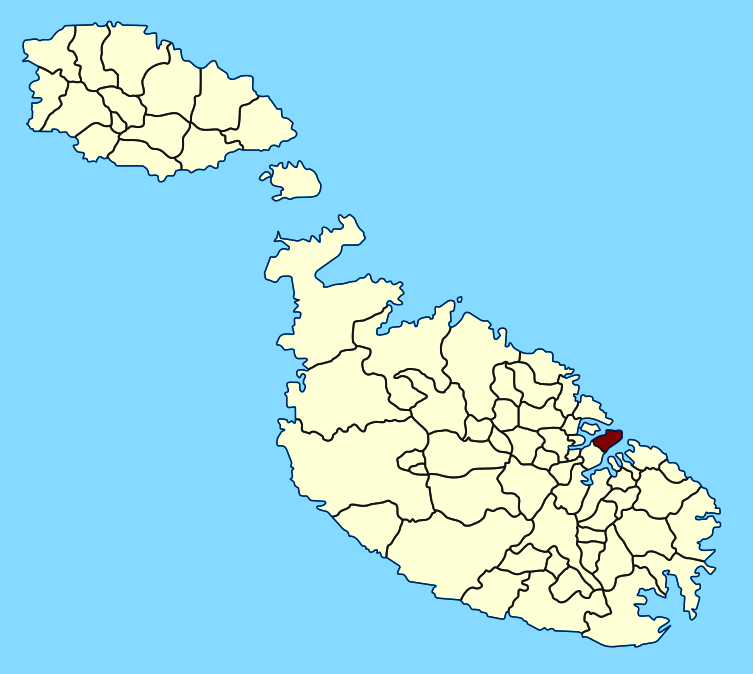
TOURISM
Malta is a popular tourist destination, with 1.6 million tourists per year. Three times more tourists visit than there are residents. Tourism infrastructure has increased dramatically over the years and a number of hotels are present on the island, although
over development and the destruction of traditional housing is of growing concern. An increasing number of Maltese now travel abroad on holiday.
In recent years, Malta has advertised itself as a medical tourism destination, and a number of health tourism providers are developing the industry. However, no Maltese hospital has undergone independent international healthcare accreditation. Malta is popular with British medical tourists, pointing Maltese hospitals towards seeking UK-sourced accreditation, such as with the Trent Accreditation Scheme.
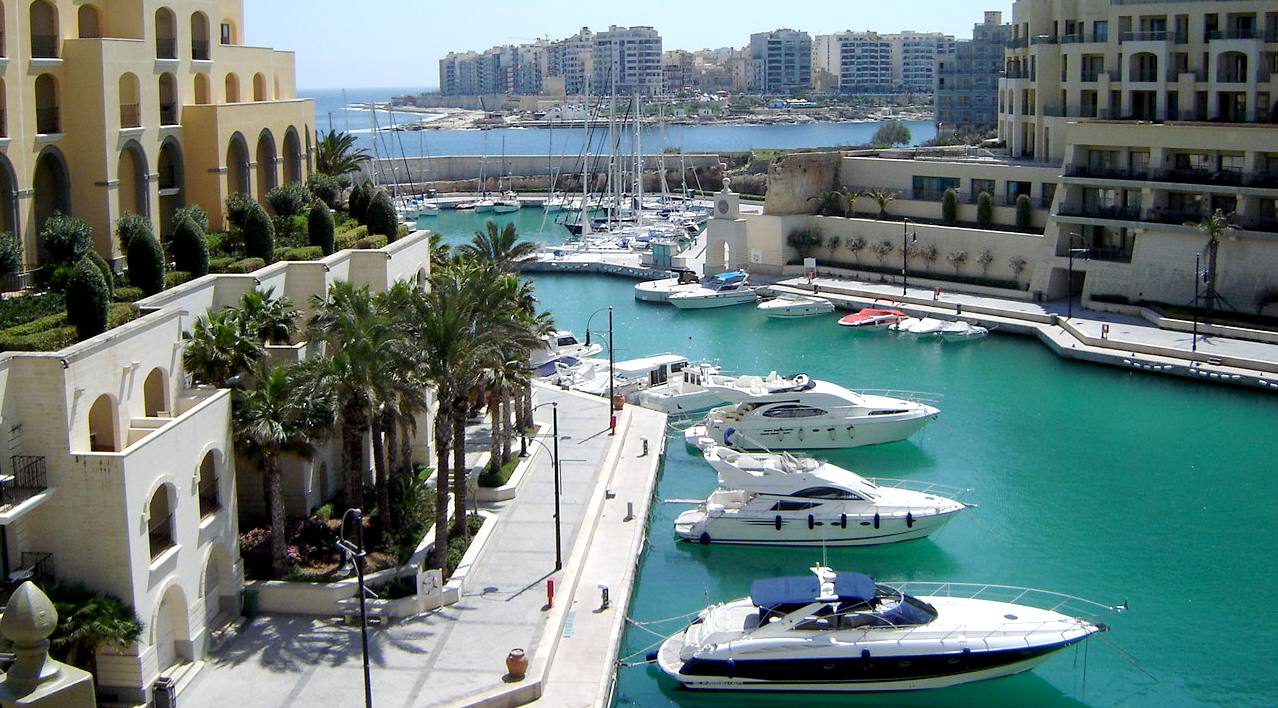
SCIENCE & TECHNOLOGY
Malta signed a co-operation agreement with the European Space Agency (ESA) for more-intensive co-operation in ESA projects. The Malta Council for Science and Technology (MCST) is the civil body responsible for the development of science and technology on an educational and social level. Most science students in Malta graduate from the University of Malta and are represented by S-Cubed (Science Student's Society), UESA (University Engineering Students Association) and ICTSA (University of Malta ICT Students' Association).
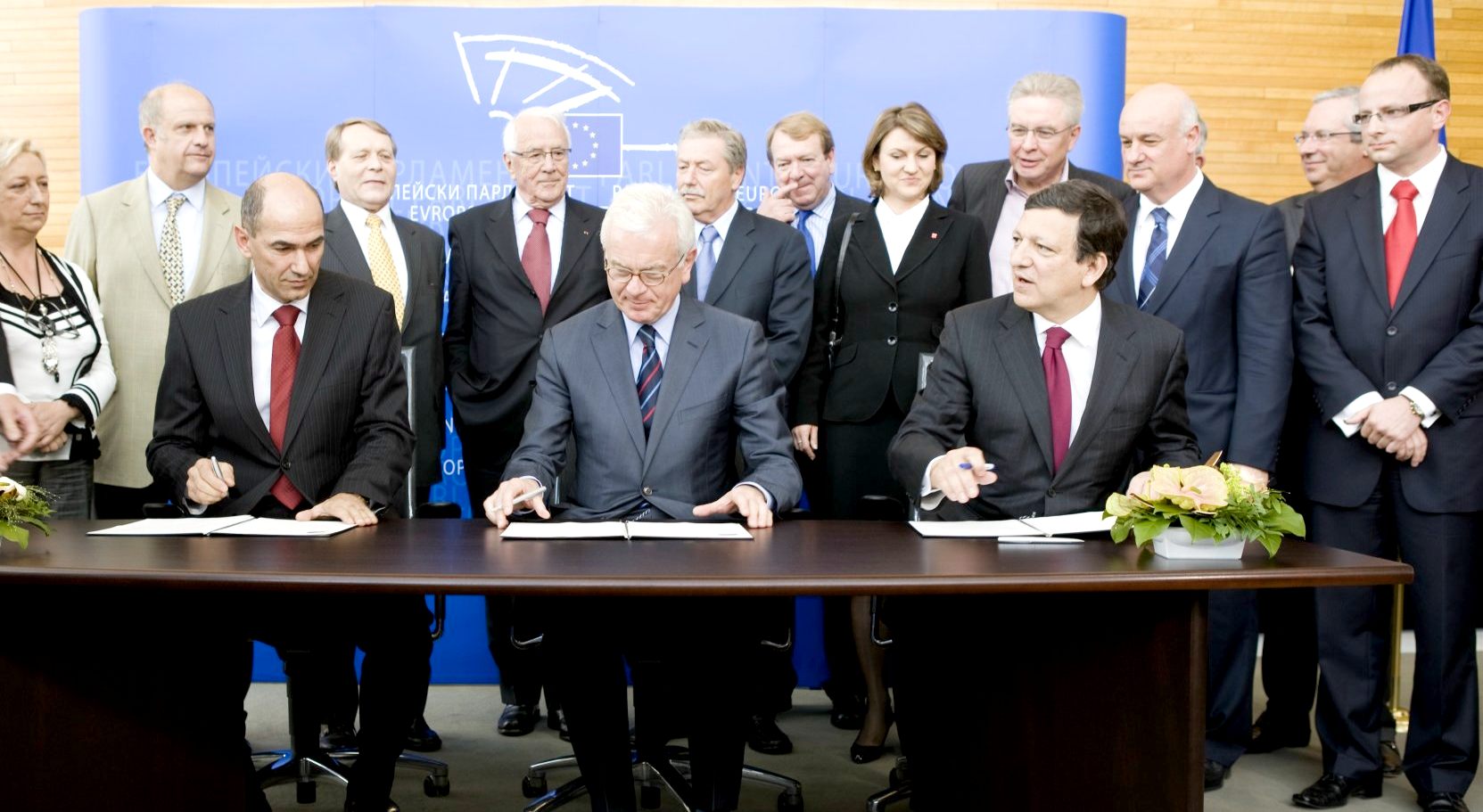
CREATION -
The European Maritime Day (EMD) was officially created on 20 May 2008
where the President of the European Parliament Hans-Gert Pöttering,
Council President Janez Janša, and Commission President José Manuel
Barroso signed a Joint Tripartite Declaration establishing it.
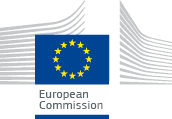
CONTACTS
Enterprise Europe Network South West
Business West, Leigh Court
Abbots Leigh, Bristol, BS8 3RA
LINKS
& REFERENCE
http://ec.europa.eu/maritimeaffairs/maritimeday/en/2014
http://ec.europa.eu/maritimeaffairs/maritimeday/en/home http://ec.europa.eu/maritimeaffairs/maritimeday/en http://ec.europa.eu/maritimeaffairs/maritimeday/en/about-emd http://ec.europa.eu/maritimeaffairs/maritimeday/en/poole-2017 http://ec.europa.eu/maritimeaffairs/maritimeday/en/exhibition
ACIDIFICATION
- ADRIATIC
- ARCTIC
- ATLANTIC
- BALTIC
- BAY
BENGAL - BERING
- CARIBBEAN
- CORAL
- EAST
CHINA SEA
ENGLISH
CH - GOC
- GULF
GUINEA - GULF
MEXICO - INDIAN
-
IOC
- IRC
- MEDITERRANEAN
- NORTH
SEA - PACIFIC
- PERSIAN
GULF - SEA
JAPAN - STH
CHINA - PLASTIC
- PLANKTON
- PLASTIC
OCEANS - SEA
LEVEL RISE - UNCLOS
- UNEP
WOC
- WWF
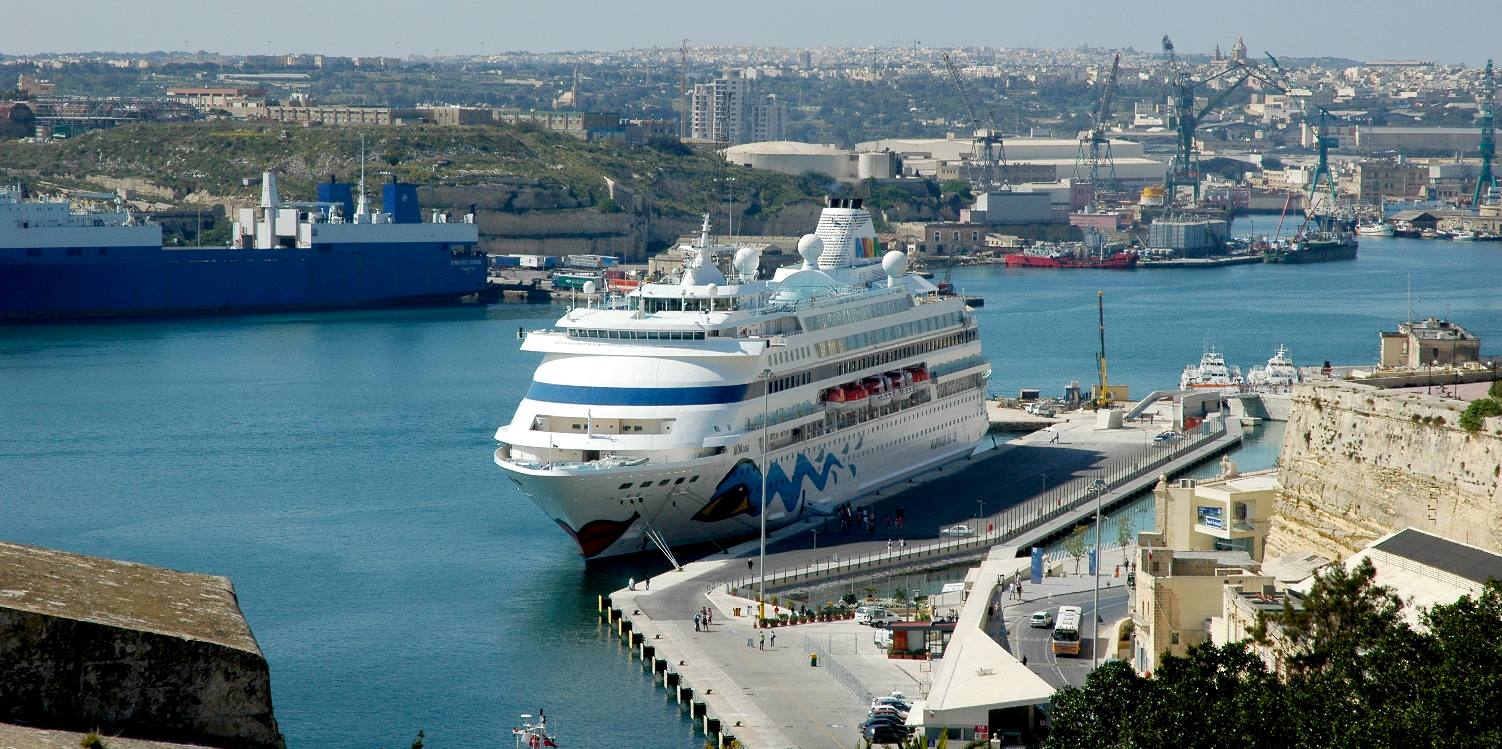
|






